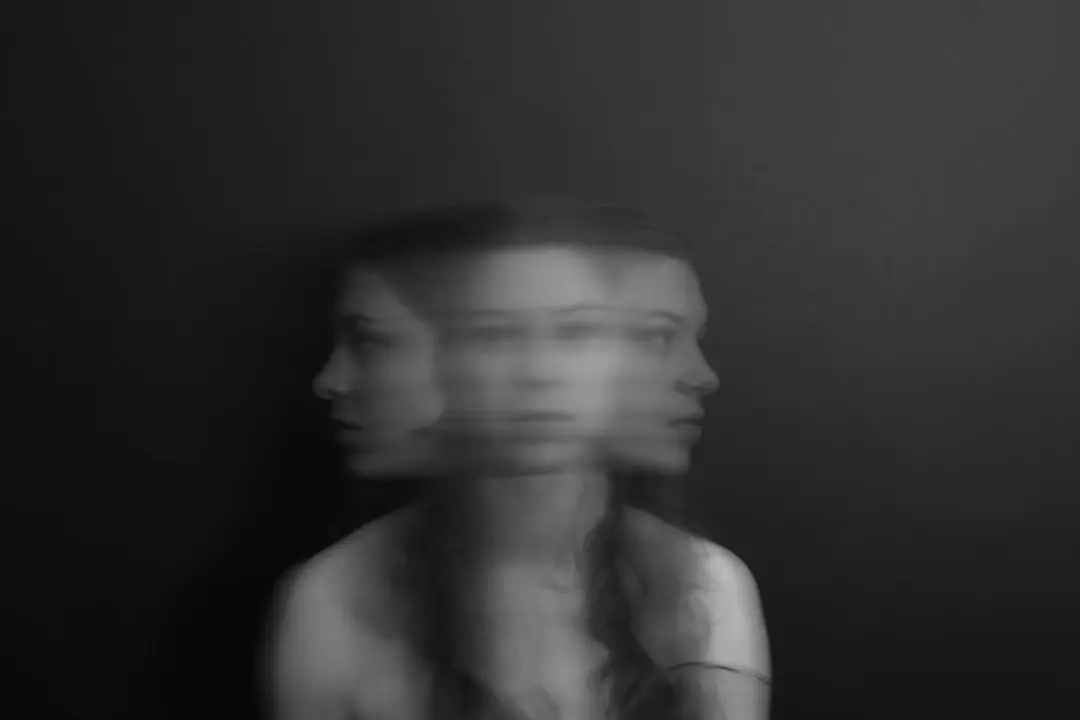
Anxiety and addiction do not discriminate. Anyone can be affected by either. And, yes, you can have both. The symptoms of both anxiety and addiction can be similar, so how do you know which you’re struggling from?
Anxiety is a term used to describe the feeling of worry or dread. This can be due to something nerve-racking like a first date, a big move, or a presentation. Anxiety can also stem from much deeper mental health issues like childhood trauma, depression, and even substance abuse. Anxiety can significantly impact your life in many ways. It can often prevent you from doing things because of worry or fear. It can hold you back so you feel powerless and it can lead to more severe problems with control in the future.
When an anxiety attack occurs some people can move forward, for others, it will disturb their work and other priorities. Anxiety is not just something you experience internally, it can lead to physical symptoms that harm relationships, success, and happiness. Anxiety can lead to insomnia, lack of focus, rapid heart rate, sweating, and nervousness, just to name a few.
Many people feel they can diagnose themselves with anxiety. And you may be right, but without a proper medical diagnosis from a professional, other problems cannot be ruled out. For instance, anxiety can also lead to addiction and vice versa. Long-term intoxication or withdrawal can increase the risk of anxiety. It is incredibly common for anxiety disorders and addiction to co-occur.
Many people who suffer from anxiety and do not get proper treatment may self-medicate with drugs or alcohol to ease their symptoms. Without medical intervention and therapy, this is only a temporary fix, and it is dangerous as substance abuse can cause even more anxiety.
Using substances to ease anxiety leads to addiction because of the temporary decrease in symptoms, but it becomes a pattern. The more an individual uses drugs or alcohol, the worse anxiety symptoms get, which means the user will increase the amount of substance they use.
As someone builds up a tolerance, they create a dependency on that substance to simply function at all. It is very rare for someone to have an addiction and not experience some level of anxiety either while using substances or during withdrawal. Some signs that you may be experiencing both addiction and anxiety are:
Those who do suffer from both anxiety and addiction have co-occurring disorders, meaning they will need a dual diagnosis from a medical professional to begin treatment. Although it is challenging to understand whether anxiety or addiction started first, they are both treatable.
If you suspect you have co-occurring disorders you should speak to a doctor immediately. The sooner you seek help, the better your chances of recovering are. The longer one is in active addiction, the worse it can get both mentally and physically.
With a dual diagnosis, you will be the ideal candidate for a rehab program that offers simultaneous treatment for both disorders. When just treating addiction, for example, the anxiety is not dealt with and can lead to relapse. With anxiety, the symptoms of withdrawal and addiction can be worse.
Treating the anxiety while treating the addiction offers the best chance at recovery and long-term sobriety. Working with mental health professionals will provide you with a specific treatment plan based on your history and needs. In most instances, you will go through medically assisted detox first. To safely rid your body of substances, trained medical staff will support you through the symptoms of withdrawal so you are as comfortable as possible.
With anxiety, withdrawal can be harder to deal with, so having the assistance of professionals and medication is essential to a better outcome. From there, treatment centers will provide you with the therapy you need to work through your anxiety and addiction. You will work one-on-one and in peer support groups to develop coping skills, address traumas, and achieve realistic goals.
Although anxiety and addiction are not the same, they can mimic each other’s symptoms and even create a dangerous cycle of substance abuse. Understanding anxiety and how it manifests for you is important. Learning your triggers and symptoms can help you seek help so that self-medication with drugs or alcohol doesn’t become a problem. When you’re suffering from anxiety, finding any way to ease the fears can be tempting, but highly risky. Sometimes addiction can also lead to anxiety. In those cases, it is so crucial to seek help from medical professionals. Getting sober and treating the underlying condition of anxiety while working through addiction recovery provides you with the tools you need to succeed. In a rehab program, the staff will provide you with all the care and support you need to recover. Reach out to us, at California Care Detox & Treatment and we can help you start treatment now. Call us at today (949) 281-0632.